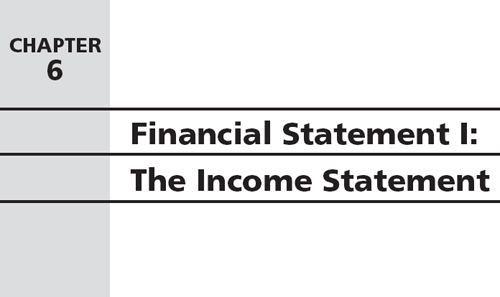
The financial reporting environment in the United States consists of various groups that are affected by and have a stake in the financial reporting requirements of the FASB and the SEC. These groups include investors, creditors, securities analysts, regulators, management, and auditors. Investors in equity securities are the central focus of the financial reporting environment. Investment involves forgoing current uses of resources for ownership interests in companies. These ownership interests are claims to uncertain future cash flows. Consequently, investment involves giving up current resources for future, uncertain resources, and investors require information that will help them assess future cash flows from securities.
The Economic Consequences of Financial Reporting
In Chapter 1, we introduced the concept of economic consequences. Income measurement and financial reporting also involve economic consequences, including the following:
- Financial information can affect the distribution of wealth among investors. More informed investors, or investors employing security analysts, may be able to increase their wealth at the expense of less informed investors.
- Financial information can affect the level of risk accepted by a firm. As discussed in Chapter 4, focusing on short-term, less risky projects can have long-term detrimental effects.
- Financial information can affect the rate ...
Get Financial Accounting Theory and Analysis: Text and Cases, 11th Edition now with the O’Reilly learning platform.
O’Reilly members experience books, live events, courses curated by job role, and more from O’Reilly and nearly 200 top publishers.

